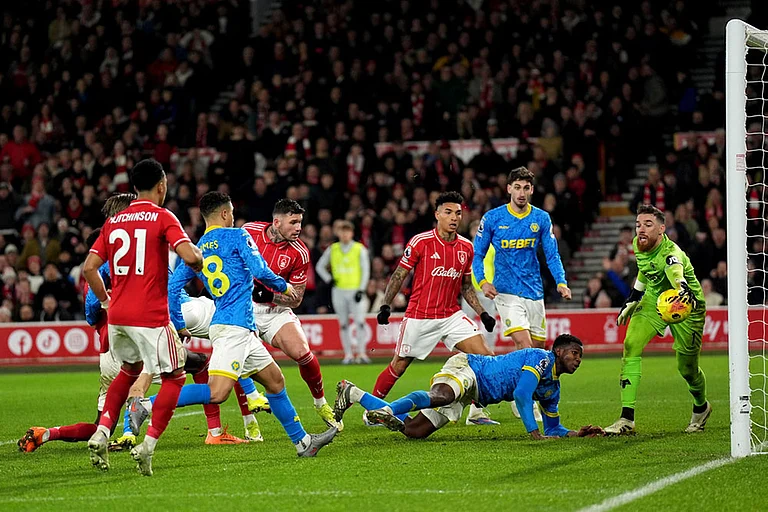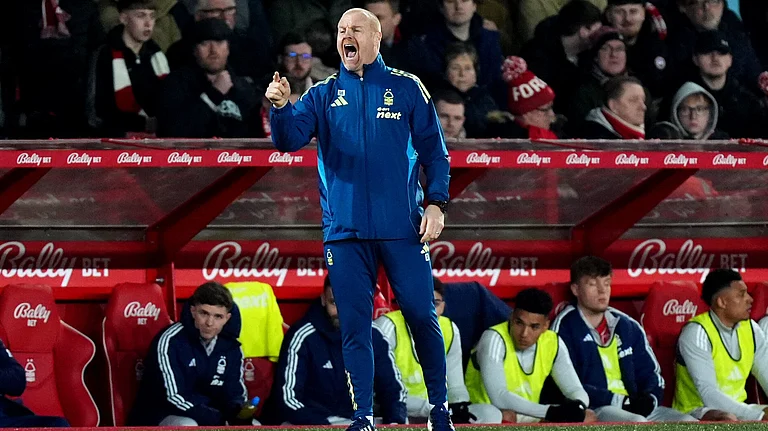The Reserve Bank of India’s (RBI’s) Monetary Policy Committee (MPC) on December 8 left the key rates unchanged and persisted with its accommodative stance, citing uncertainty around the new Covid variant. This is the ninth consecutive policy meeting where the rate-setting panel has upheld the key lending rates. The MPC maintained the repo rate (the rate at which the RBI lends short-term funds to banks) at 4 per cent and reverse repo rate (the rate at which the banks park their funds with RBI) at 3.35 per cent.
“We had expected the RBI to hike the policy reverse repo rate from 3.35 per cent as a firm signal that the Indian economy is no longer in crisis, and also provide guidance on how interest rates and liquidity will continue to be normalised going into 2022. The status quo with no change in interest rates and no change in the guidance and outlook from the RBI was thus contrary to our expectations”, says Pankaj Pathak, Fund Manager, Quantum Mutual Fund. He believes that the Indian economy is recovering much better than expected and is showing signs of continued revival.
In addition to that, underlying inflation pressures may be higher than reported, which should mean that the RBI will remove crisis level measures, moving forward.
“Despite the upside pressures on core inflation, the MPC drew comfort from the excise duty cuts, expecting CPI (Consumer Price Index) inflation to peak in Q4FY22. On the liquidity management front, the RBI increased the quantum of existing VRRR (variable rate reverse repo) operations in a continuing effort to nudge the overnight rates higher towards repo rate,” says Churchil Bhatt, EVP Debt Investments, Kotak Mahindra Life Insurance.
How Does This Affect You?
Experts feel that the RBI will start hiking the reverse repo rate gradually, beginning February 2022. In such a scenario, when interest rates are expected to go up, short-term bond funds may be a good option for you. “We continue to advice investors to remain invested in short duration products like Banking PSU Funds and the Corporate Bond category for an investment horizon of 1-3 years, and Ultra Short and Money Market funds for investment horizon of less than 1 year,” says Puneet Pal, Head-Fixed Income, PGIM India Mutual Fund. There is an inverse relationship between bond prices and interest rates. Therefore, Short Term Bond Funds give an opportunity to enjoy higher yields than an investment in money market funds.
“As a ballpark, investors can look at the portfolio maturity of the fund as their investment horizon. So, if a fund’s maturity is 10 years, the investor’s horizon can also be 10 years. If the maturity is 3 years, then the horizon should also be similar,” says Joydeep Sen, corporate trainer, author and columnist. He adds that the central bank is very likely to hike rates in the next year or year-and-a-half; and that will have an adverse impact. “Normalization of rates is a given. To avoid the resultant impact on investments, one can look at short portfolio maturity funds instead of long portfolio maturity funds. However, if an investor’s horizon is longer, then he or she should not be concerned about the adverse impact when the rates are increased. This is because after the RBI has hiked rates, there will be an adverse impact for some time, maybe one or one-and-a-half years, but after that the benefits will accrue. So, investors should stay invested for longer than that to be able to benefit from the accrual,” says Sen.
Financial services firm Morningstar states in its RBI Policy note that going ahead, investors will struggle to post significant gains in bonds as we are at the turning point of the current low-interest rate cycle. The note also points out that annual return expectation from bonds would be more normalized as compared to high-teen returns delivered in the last couple of years. In the note, the advice is that from a long-term perspective, bonds remain a necessary stabilizer for multi-asset portfolios, and medium-long duration bonds are likely to provide a cushion when equities sell-off (happens) as they offer attractive real rates. Based on the valuation implied return (VIR) forecasts, the medium to long-term debt segment (5-10 years maturity) looks relatively more attractive than cash and high credit quality short-term debt.


























